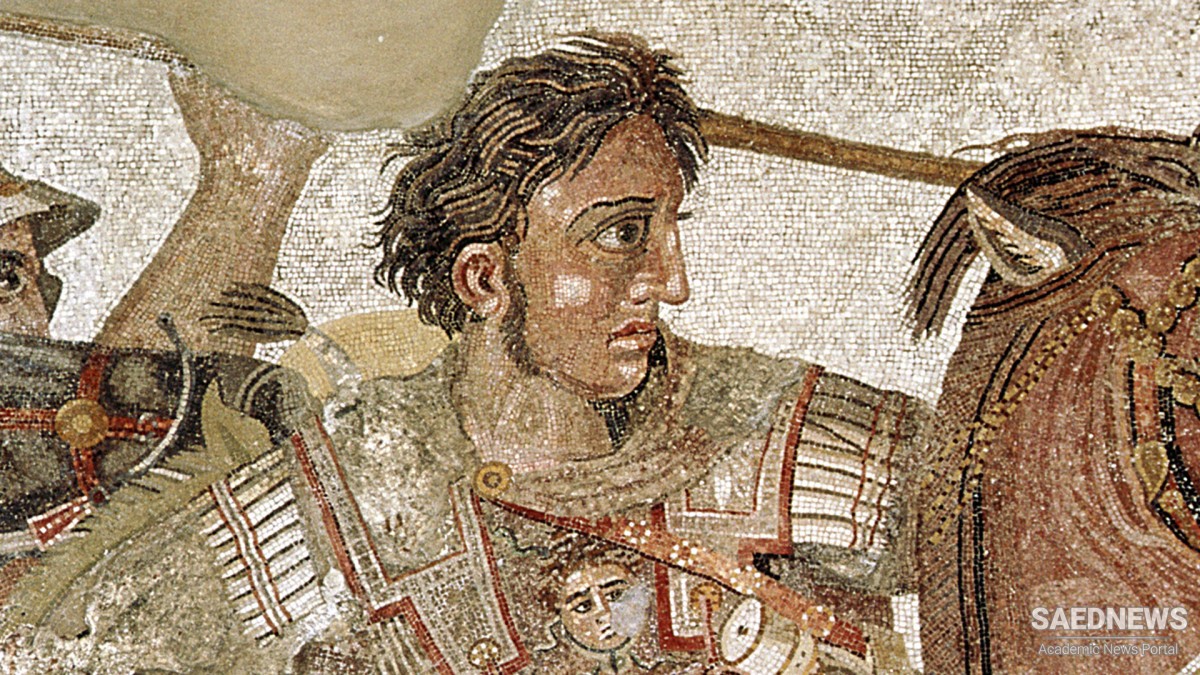The Persian failure against Alexander was a result of bad strategy in defending against the initial invasion. In the later stages of the war, the greatest problem was Darius’s failure as a batt lefi eld commander rather than any shortcomings as a strategist and tactician. The Persians clearly would have been better off if they had used a logistics strategy from the start and heeded the advice to avoid direct conflict with the superior Macedonian infantry and use scorched- earth tactics. Had the Persians destroyed fodder and burned crops, strengthened garrisons, and used their navy more aggressively to prevent supplies from being moved from Greece across the Aegean Sea, Alexander’s invasion would have been virtually unsupportable, and he likely would have expended his army in lengthy sieges to secure his base. The Persians had the advantage of greater numbers and benefi ted from shorter supply lines, a combination that probably added to their morale and willingness to fight at the beginning of the war. These att ributes, however, increased the severe psychological impact of Alexander’s victories. The decisiveness of Alexander’s first two victories caused many of the western satrapies of the Persian Empire to submit without strong resistance and allowed Alexander to keep his fi eld army large because he needed only small garrisons to hold the submissive municipalities. Once Darius determined to confront Alexander directly, his strategies for the batt les of Issus and Gaugamela were reasonable but were undermined by their poor execution. The Persians had litt le choice except to rely heavily on their cavalry, yet they failed to develop the coordination between mounted forces and infantry units necessary to maintain a stable front. Such measures, which earlier Persian armies had understood, might have prevented the repeated instances of Darius’s line becoming detached from his wings and allowing gaps to open.


 Strategic Miscalculations and Fall of Persian Dream Empire
Strategic Miscalculations and Fall of Persian Dream Empire














































